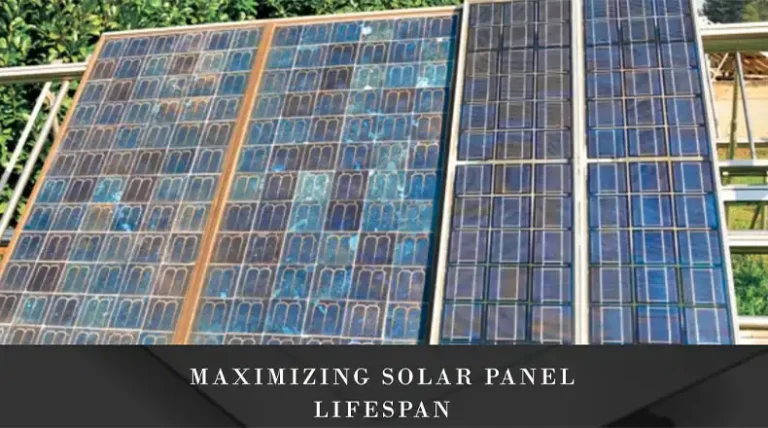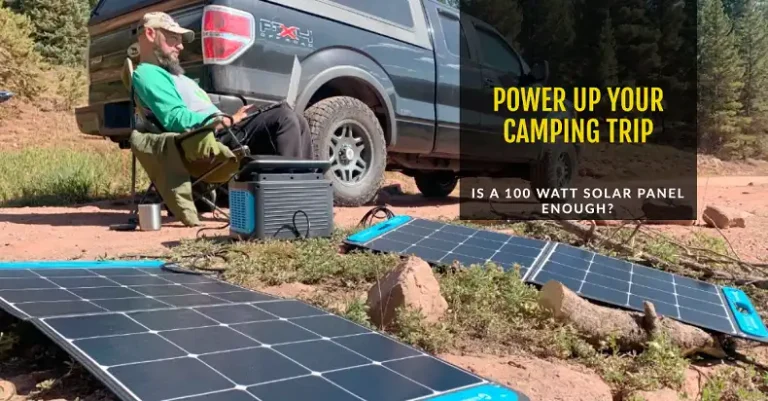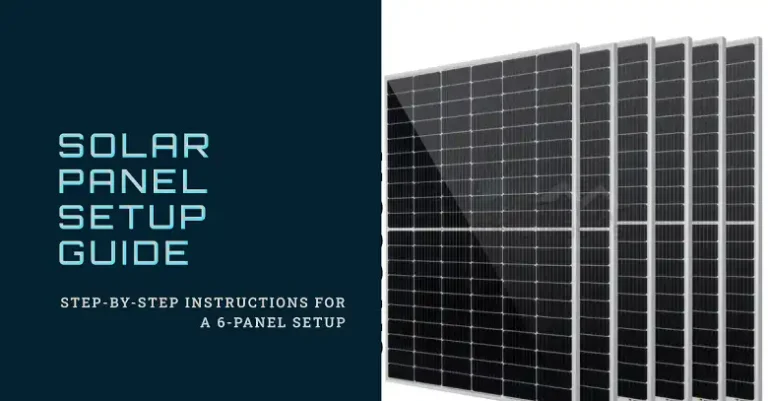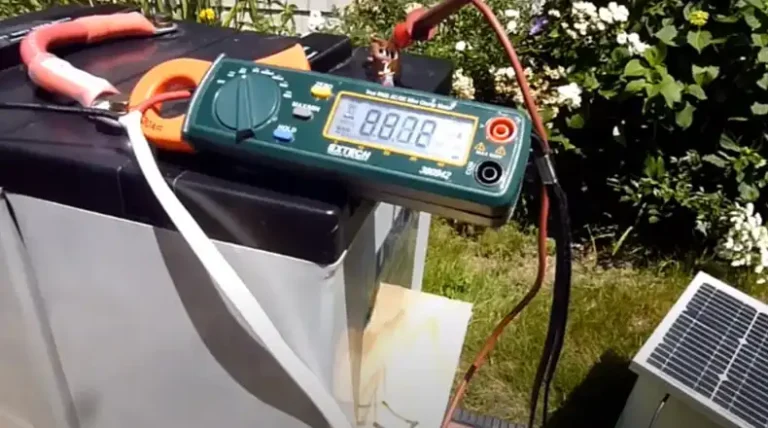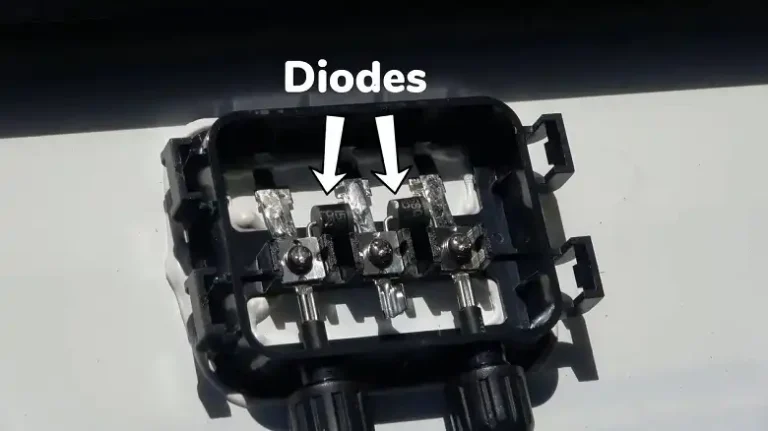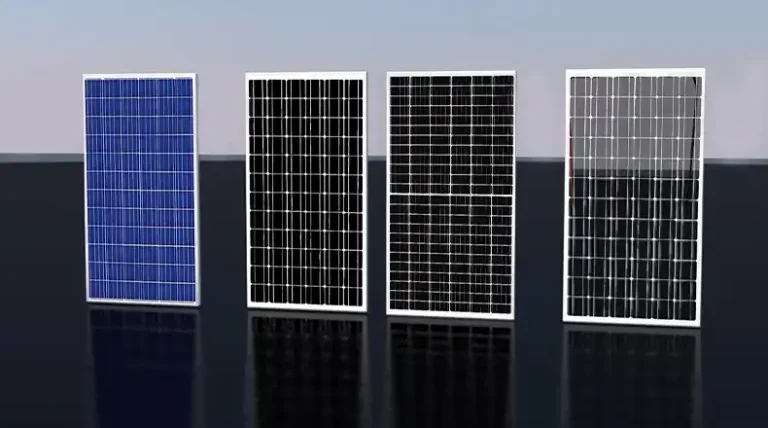Can You Get Solar Panels Fitted for Free?
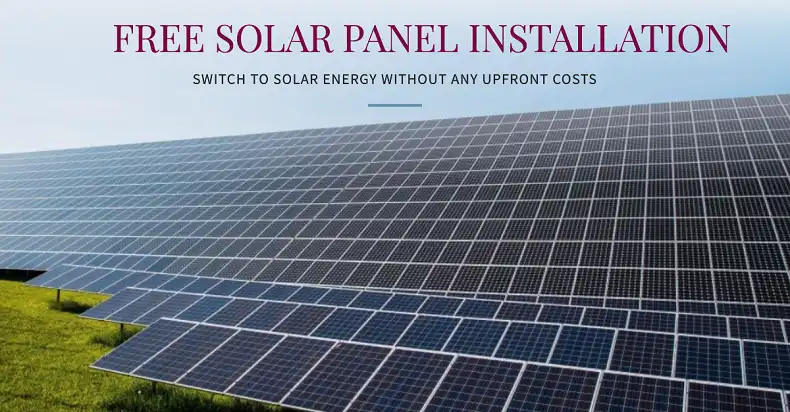
As solar energy is getting more and more popular, more people are becoming interested in installing one for themselves on their rooftops. However, the cost of purchasing and installing solar panels is still a significant investment, that many cannot afford. Therefore, many homeowners often wonder if they can get solar panels fitted for free.
The short answer is: while truly “free” solar panels are rare, there are several ways to get solar panels installed with no upfront costs. However, it’s crucial to understand that these options often come with long-term financial commitments and various terms and conditions.
What Does “Free” Solar Panels Really Mean?
When we talk about “free” solar panels, we’re typically referring to solar energy systems that can be installed on your property without any initial out-of-pocket expenses. However, it’s important to note that these systems are not truly free in the long run. Instead, they involve alternative payment methods or financial arrangements that allow homeowners to start benefiting from solar energy immediately while paying for the system over time.
How Can You Get Solar Panels with No Upfront Cost
There are several approaches to obtaining solar panels without paying the full cost upfront. Each option has its own set of advantages and considerations. Let’s explore these in detail:
- Solar Leases and Power Purchase Agreements (PPAs)
Solar leases and Power Purchase Agreements (PPAs) are popular options for homeowners looking to go solar without a significant initial investment.
How They Work: In a solar lease, you essentially rent the solar panel system from a solar company. You pay a fixed monthly fee to use the system, regardless of how much energy it produces. With a PPA, you agree to purchase the power generated by the solar panels at a set per-kilowatt-hour rate, which is typically lower than your utility’s rate.
Pros:
- No upfront costs
- Predictable monthly payments
- Maintenance and repairs are usually covered by the solar company
- Immediate reduction in electricity bills
Cons:
- Less long-term savings compared to owning the system outright
- Complex contracts that may be difficult to understand
- Potential issues when selling your home if the new buyer doesn’t want to take over the agreement
Factors to Consider: Before signing a solar lease or PPA, carefully review a few things. Like contract length and buyout options. Contract length typically is 20-25 years. Take a close look at escalator clauses that increase your payments over time. Check if the plan offers buyout options, should you decide to purchase the system later. Finally, make sure to review performance guarantees and maintenance responsibilities.
| Feature | Solar Lease | Power Purchase Agreement (PPA) |
| Payment Structure | Fixed monthly fee | Pay for power produced (per kWh) |
| Energy Production | You use all energy produced | You buy all energy produced |
| Price Increases | Annual escalator (2-3%) | Annual escalator (2-3%) |
| Maintenance | Included | Included |
| Contract Length | Typically 20-25 years | Typically 20-25 years |
Table: Comparison of Solar Lease vs. PPA
- Government Incentives and Rebates
While government incentives don’t make solar panels entirely free, they can significantly reduce the cost, sometimes to the point where financing options result in no upfront costs.
Federal Solar Investment Tax Credit (ITC): The federal government offers a substantial tax credit for solar installations. As of 2023, the ITC allows you to deduct 30% of the cost of installing a solar energy system from your federal taxes. This credit is set to remain at 30% until 2032, after which it will gradually decrease.
How to Claim the ITC:
- Install a qualifying solar PV system
- Complete IRS Form 5695 as part of your tax return
- Add the credit to Form 1040
State and Local Incentives: Many states and local governments offer additional incentives, such as cash rebates, property tax exemptions, sales tax exemptions, performance-based incentives, etc.
To find incentives in your area, visit the Database of State Incentives for Renewables & Efficiency (DSIRE) website.
Eligibility Criteria: Eligibility for solar incentives can vary based on factors such as:
- Income level
- Property type and ownership status
- System size and specifications
- Geographic location
It’s essential to research the specific requirements in your area and consult with a tax professional to ensure you qualify for and properly claim available incentives.
- Community Solar Programs
Community solar offers an alternative for those who can’t install solar panels on their own property or prefer a different approach to solar energy.
How They Work: Community solar projects are large solar installations that serve multiple households or businesses. Participants can either own a portion of the project or subscribe to receive a share of the energy produced.
Benefits for Subscribers:
- Access to solar energy for renters or those with unsuitable roofs
- Lower upfront costs compared to individual installations
- No maintenance responsibilities
- Potential for immediate savings on electricity bills
Drawbacks:
- Limited availability in some areas
- Savings may be less than with owned systems
- Contract terms can vary widely between projects
To find community solar projects in your area, check with your local utility company or visit community solar marketplaces online.
| Feature | Ownership Model | Subscription Model |
| Upfront Cost | Moderate | Low to None |
| Long-term Savings | Higher | Moderate |
| Contract Length | 20+ years | Varies (often 1-3 years) |
| Maintenance | Shared responsibility | Handled by project operator |
| Portability | Limited | Often transferable |
Table: Comparison of Community Solar Ownership vs. Subscription
- Zero-Down Financing Options
Solar loans offer another way to install solar panels with no upfront cost while still owning the system.
Types of Solar Loans:
- Secured loans: Use your home as collateral, often with lower interest rates
- Unsecured loans: Don’t require collateral but may have higher interest rates
- Dealer-arranged financing: Offered through solar installers
- Independent loans: Obtained from banks or credit unions
Comparison with Leases and PPAs:
- Long-term savings: Generally higher than leases or PPAs
- Ownership benefits: You own the system and can claim incentives
- Tax implications: May be able to deduct loan interest
To qualify for solar loans, you typically need:
- A good credit score (usually 640+)
- A debt-to-income ratio below 50%
- Proof of income and employment
- Other Potential Cost-Saving Measures
To maximize the benefits of solar energy and potentially reduce the size and cost of your solar system, consider some energy efficiency upgrades for your home appliances.
Evaluating Solar Companies and Offers
When considering “free” solar panel offers, it’s crucial to thoroughly research and compare options. Make sure to read online reviews and check Better Business Bureau ratings. You can also ask for referrals from friends, family, or neighbors with solar installations. Finally, verify company certifications (e.g., North American Board of Certified Energy Practitioners).
When doing your research, consider factors like years of experience in the solar industry. Companies with lots of experience and a great track record will naturally offer better customer support. Ask about the quality of the equipment they are going to install and what kind of warranty they are offering. Make sure that the cost and contract terms are transparent and mutually agreed upon beforehand.
Finally, make sure to ask if you have any confusion regarding total cost, additional fees, home ownership transfer situations, maintenance and repair responsibilities, etc. By carefully evaluating your options and understanding the terms of any agreement, you can make an informed decision about whether a “free” solar panel offer is right for you.
Bottom Line
While truly free solar panels are rare, the options discussed in this article provide ways to go solar with little to no upfront cost. Whether through leases, PPAs, incentives, community solar, or financing, there are numerous paths to harness solar energy for your home. Always consider the long-term implications and carefully review any agreements before committing to a solar installation.
Remember, the best choice for you will depend on your specific circumstances, including your location, energy usage, and financial situation. Consider consulting with multiple solar providers and a financial advisor to determine the most beneficial approach for your needs.

